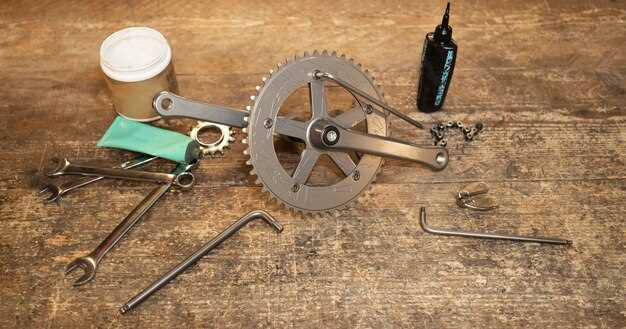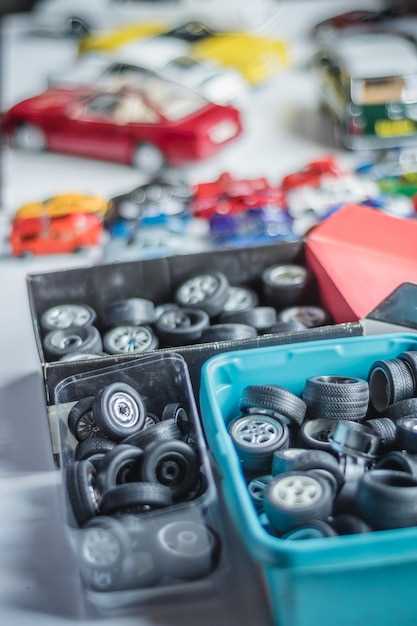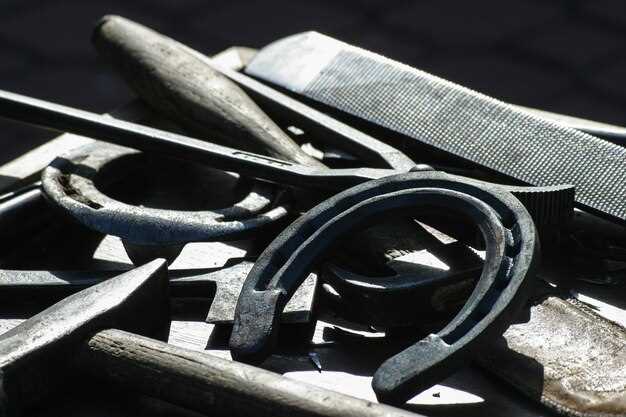
Building a race car is an intricate process that requires precision, skill, and the right tools in your workshop. Whether you are a seasoned professional or an enthusiastic hobbyist, equipping yourself with essential tools can significantly enhance your efficiency and the quality of your work. These tools not only help in the assembly of various components but also ensure that every piece of the car meets the rigorous standards required for racing.
In the fast-paced world of motorsports, having the right equipment is critical. From the initial design phase to the final assembly, each stage demands specific tools that cater to the unique challenges of race car construction. Understanding which tools are indispensable in your workshop can save you time and effort, ultimately leading to a more competitive vehicle on the track.
This article will delve into the must-have tools for race car builders, focusing on their functionality and the advantages they bring to the race car building process. By the end, you will be armed with knowledge to assess and organize your workshop, ensuring you are well-prepared to tackle any racing project with confidence.
Precision Measuring Instruments for Accurate Builds
In the competitive world of race car building, precision is paramount. Every component must fit perfectly to ensure optimal performance on the track. To achieve this level of accuracy, builders need to equip their workshops with a range of precision measuring instruments.
One of the most essential tools is the digital caliper. This instrument allows builders to measure both internal and external dimensions with exceptional accuracy, typically down to 0.01 mm. Accurate measurements of engine parts, chassis components, and body panels are critical for assembling a race car that meets specific standards.
Another vital tool is the micrometer. It offers even greater precision than calipers, making it ideal for measuring small diameters and thicknesses. When fine-tuning suspension components or engine internals, a micrometer can mean the difference between winning and losing on race day.
For checking alignment and angles, a digital angle finder is indispensable. This tool ensures that the suspension geometry is set correctly, impacting tire wear, grip, and overall handling. In race car construction, accurate alignment of the chassis is crucial for achieving top speeds in curves.
A height gauge is also beneficial in the workshop. It allows builders to measure vertical distances precisely, ensuring that components are installed at the correct heights. This is particularly important for setting up engines and ensuring that weight distribution is optimal.
Lastly, incorporating a tape measure with metric and imperial units facilitates quick measurements during the design and assembly process. This tool enables builders to take rough measurements quickly before final adjustments are made with more precise instruments.
By investing in these precision measuring instruments, race car builders can significantly enhance their workshop’s capabilities. The accuracy achieved through these tools directly influences the vehicle’s performance, making them must-haves for anyone serious about building competitive race cars.
Essential Fabrication Tools for Custom Chassis Construction

Creating a custom chassis is a vital step in building a race car, and having the right tools in your workshop can make all the difference. Here are some essential fabrication tools you will need to ensure precision and efficiency during the construction process.
1. MIG Welder: A MIG welder is indispensable for welding steel and aluminum. It provides excellent penetration and creates strong joints, which are crucial for the integrity of any chassis. Make sure to choose a welder that suits the thickness of material you will be working with.
2. Tube Bender: A tube bender allows for the creation of complex bends in tubing, which is often required in chassis design. Look for a tool that offers multiple radius options to accommodate various geometries.
3. Plasma Cutter: A plasma cutter makes quick work of cutting metal with precision. This tool is particularly useful for intricate cuts and can significantly reduce the time spent on preparing materials for assembly.
4. Notcher: A notcher is essential for creating precise notches in tubing, allowing for better fitment when joining two pieces at an angle. This ensures a stronger, more secure weld.
5. Band Saw: A band saw is perfect for cutting materials to length and making straight cuts. It’s efficient and produces clean edges, which is important for avoiding unnecessary grinding later on.
6. Grinder: An angle grinder is a versatile tool for smoothing welds, removing excess material, and prepping surfaces for painting or powder coating. Invest in various grinding wheels and discs for different tasks.
7. Bench Vise: A sturdy bench vise is a must-have for holding pieces securely while you work on them. Look for a model with a wide jaw and good clamping force to accommodate different shapes and sizes of materials.
8. C-Clamps: C-clamps are essential for holding parts together during welding and fitting. They provide a temporary hold to ensure alignment before permanent joints are made.
Investing in these tools will enable you to build strong, reliable custom chassis for your race car. A well-stocked workshop is a foundation for successful fabrication projects.
Key Diagnostic Equipment for Race Car Performance Tuning

When building and tuning a race car, having the right diagnostic equipment in your workshop is essential for maximizing performance and ensuring reliability. High-quality tools enable builders to fine-tune various parameters of the vehicle, enhancing both speed and handling on the track.
Engine Diagnostic Scanners are vital for reading and clearing diagnostic trouble codes (DTCs). These devices provide real-time data and insights into engine performance, enabling builders to make informed adjustments to optimize power output and efficiency.
Dyno Tuning Equipment is critical for measuring horsepower and torque. A dynamometer allows builders to simulate race conditions, making it possible to fine-tune the engine’s performance under load, which is crucial for achieving competitive speed on the track.
Data Acquisition Systems collect a range of information from the car during testing. Parameters such as suspension movement, wheel speed, and throttle position offer insights that are invaluable for performance tuning. Analyzing this data helps builders make precise adjustments to improve overall handling and race dynamics.
Tire Pressure Monitoring Systems (TPMS) enable builders to maintain optimal tire conditions throughout the race. Proper tire pressure is essential for maximizing grip and ensuring even wear, which directly impacts performance. Having an accurate TPMS in the workshop allows for timely adjustments based on real-time data.
Exhaust Gas Analyzers are used to assess the air-fuel mixture’s effectiveness and combustion efficiency. By monitoring emissions, builders can adjust the tuning of the engine to achieve better performance and compliance with racing regulations.
O2 Sensors are critical for monitoring oxygen levels in the exhaust gases. This information assists builders in tuning fuel mixtures, leading to improved power and efficiency. Ensuring the correct air-fuel ratio is essential for achieving optimal engine performance.
Investing in these key diagnostic tools not only enhances the workshop’s capabilities but also significantly impacts a race car’s performance on the track. Utilizing this equipment allows builders to ensure their vehicles remain competitive, reliable, and safe in a demanding racing environment.



